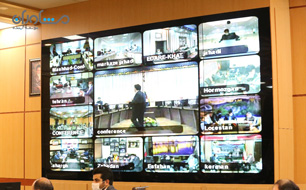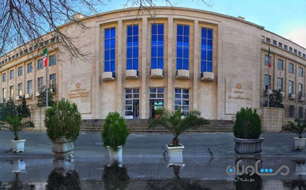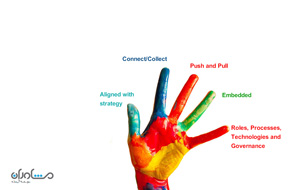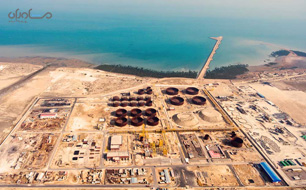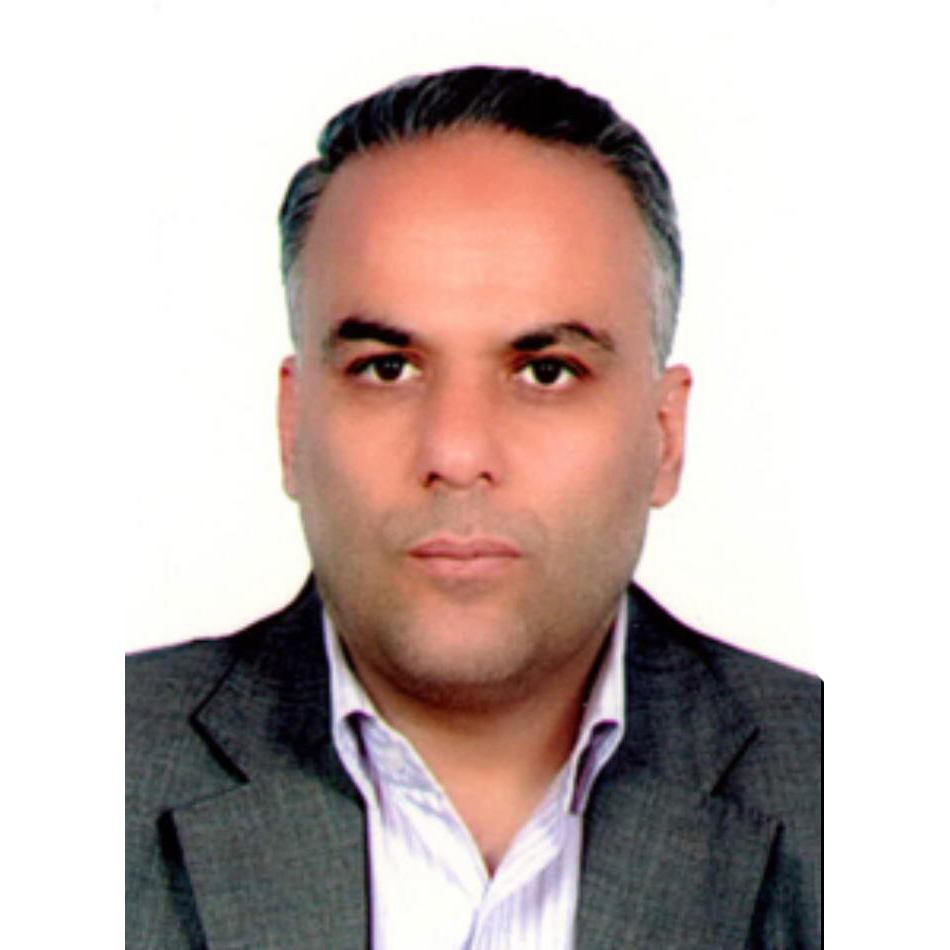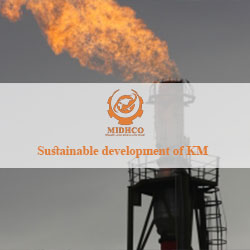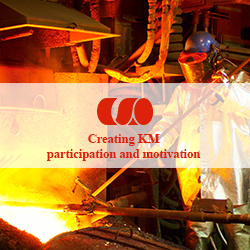"Proven practice": Do not call it "Best Practice"
Learn More
Proven method Select, document, and replicate processes that have been proven to improve business results and outputs. Others in similar situations can be used in similar situations or when they have similar functional needs and take advantage of them. The effectiveness of "proven methods" in work processes has been proven and can be replicated and applied by others in similar situations, groups, or levels of the organization. This phrase may interfere with the "method." Some researchers have difficulty with the term "method" because it emphasizes the achievement of an ideal point, but in the "proven method," more effort can be made to improve the solution and obtain a better method. It is best to learn about "proven methods" and apply them to your organization's space, regardless of whether it is the best method or not.

One of the main benefits of knowledge management is that it makes the organization's experiences solve problems reuseablely. Continued use of "proven methods" can significantly improve corporate results and outputs. For example, consider a factory site that, in one part of the world, finds a way to avoid the need to rework on returned products, and other factory sites in different geographical locations can use this method and save money. Using a process that includes defining, presenting, and replicating "proven methods," the organization can reap the benefits of what it has learned to deal with and solve problems and challenges.
Expert News Forum
It is a technique and a tool in which "proven methods" can be shared. Specific templates should be made available to document "proven methods," and then all the necessary content should be obtained. Content such as a description of the process, photos, related specifications, and a video recording to show how the process is done can be useful and disseminated through e-learning systems.
The process of "proven methods" should be as specific as possible, its benefits should be made public, and it should be reused. It is recommended that a formal process be defined for the collection, storage, dissemination, and replication of "proven methods." The benefits of using this process can be used to demonstrate the value of knowledge management and its tools in the organization.
• Set goals and criteria to measure this process. For example, sharing and reusing "proven methods" can increase profits or reduce sales and support costs.
• Implementation of "proven methods" strategies.
"Motivation: Consider rewards for sharing and reusing "proven methods
Analysis: Selection of "proven methods" from the collected stories
Publication: Distribution and sharing of "proven methods" in the form of monthly newsletters
.Demand: Allow search on the "Proven Methods" database
.Application: Reuse of "proven methods" in new opportunities
• Set goals for "proven methods," for example:
• The number of expert community members who share "proven methods" in the form of discussions.
• Gathering knowledge in the form of "proven methods."
• Implement changes in existing processes to facilitate the repetition of "proven methods."
• Identify and determine "proven methods."
• Document and replicate "proven methods."
• Perform performance appraisals based on defined goals. For example, the number of downloads of "proven methods" by individuals or the value generated by using "proven methods" through user surveys
• Acquire "proven methods" in the form of photos, videos, audio, or storytelling on how to use this method. By doing this, you increase the possibility of repetition and use, and users more welcome this work than when it is only in the form of text.
If you assign teams to publish "proven methods" in the form of podcasts and audio, then knowledge will be more effective than when it is only in text and displayed in the form of a knowledge base. Hold regular conferences so that people can present their "proven methods" and explain how to reuse them.
• Review the information gathered to identify patterns, trends, or trends that can be used, expanded, or modified. After analyzing the accumulated knowledge, you should be able to document it to be implemented as iterative processes.
• Email "proven methods" for everyone to increase employee awareness.
• Rewards for "proven methods." For example, consider financial rewards for people who submit "proven methods" and have been reused by other employees at least five times.

One of the main benefits of knowledge management is that it makes the organization's experiences solve problems reuseablely. Continued use of "proven methods" can significantly improve corporate results and outputs. For example, consider a factory site that, in one part of the world, finds a way to avoid the need to rework on returned products, and other factory sites in different geographical locations can use this method and save money. Using a process that includes defining, presenting, and replicating "proven methods," the organization can reap the benefits of what it has learned to deal with and solve problems and challenges.
Expert News Forum
It is a technique and a tool in which "proven methods" can be shared. Specific templates should be made available to document "proven methods," and then all the necessary content should be obtained. Content such as a description of the process, photos, related specifications, and a video recording to show how the process is done can be useful and disseminated through e-learning systems.
The process of "proven methods" should be as specific as possible, its benefits should be made public, and it should be reused. It is recommended that a formal process be defined for the collection, storage, dissemination, and replication of "proven methods." The benefits of using this process can be used to demonstrate the value of knowledge management and its tools in the organization.
9 Ways to Repeat "Proven Methods"
• Create a culture of knowledge sharing that increases the likelihood of repetition of "proven methods."• Set goals and criteria to measure this process. For example, sharing and reusing "proven methods" can increase profits or reduce sales and support costs.
• Implementation of "proven methods" strategies.
"Motivation: Consider rewards for sharing and reusing "proven methods
Analysis: Selection of "proven methods" from the collected stories
Publication: Distribution and sharing of "proven methods" in the form of monthly newsletters
.Demand: Allow search on the "Proven Methods" database
.Application: Reuse of "proven methods" in new opportunities
• Set goals for "proven methods," for example:
• The number of expert community members who share "proven methods" in the form of discussions.
• Gathering knowledge in the form of "proven methods."
• Implement changes in existing processes to facilitate the repetition of "proven methods."
• Identify and determine "proven methods."
• Document and replicate "proven methods."
• Perform performance appraisals based on defined goals. For example, the number of downloads of "proven methods" by individuals or the value generated by using "proven methods" through user surveys
• Acquire "proven methods" in the form of photos, videos, audio, or storytelling on how to use this method. By doing this, you increase the possibility of repetition and use, and users more welcome this work than when it is only in the form of text.
If you assign teams to publish "proven methods" in the form of podcasts and audio, then knowledge will be more effective than when it is only in text and displayed in the form of a knowledge base. Hold regular conferences so that people can present their "proven methods" and explain how to reuse them.
• Review the information gathered to identify patterns, trends, or trends that can be used, expanded, or modified. After analyzing the accumulated knowledge, you should be able to document it to be implemented as iterative processes.
• Email "proven methods" for everyone to increase employee awareness.
• Rewards for "proven methods." For example, consider financial rewards for people who submit "proven methods" and have been reused by other employees at least five times.


